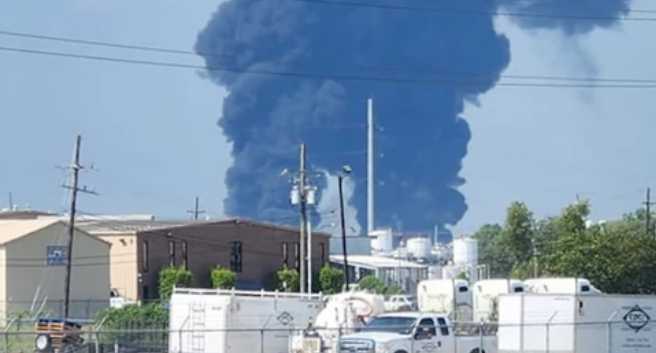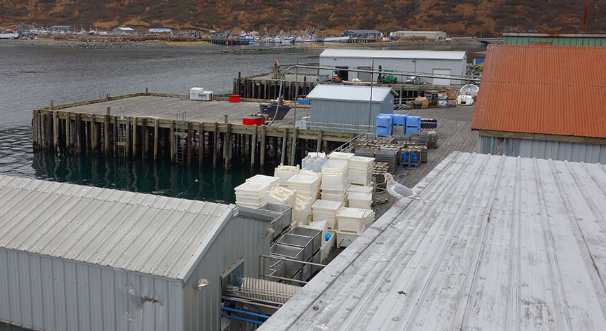
JUNEAU — The Walker-Mallott administration today announced the State of Alaska is taking important steps to secure clean drinking water to residents affected by releases of sulfolane, an industrial solvent used in gasoline production, from the former Flint Hills North Pole Refinery. Flint Hills Resources Alaska and the State reached an agreement to fund a significant expansion of the piped public water system.
“Ensuring Alaskans have access to clean drinking water is a matter of life, health, and safety,” Governor Bill Walker said. “It is absolutely critical that we resolve this issue and safeguard the well-being of residents in this area. I applaud the Department of Environmental Conservation, the Department of Law, Flint Hills and the City of North Pole for coming together to resolve this matter.”
Construction of the water system expansion will begin in 2018. The City of North Pole will own and operate the system, which is expected to be up and running in 2019. Until then, Flint Hills will continue to provide drinking water. The expansion will extend city water to all properties impacted by the sulfolane plume, which includes properties within the City of North Pole and properties outside the city limits, as well as to the Garden, Riddle Estates, Poodle, Pine Stream, Steelhead, and Sorores subdivisions.
The agreement covers the cost of installing service lines, hookup to the system, and transition to the new public water supply for homes currently on an alternative water system. The agreement to install the piped water system resolves all claims currently pending in Fairbanks court between the City of North Pole, the State, and Flint Hills. Litigation continues, however, with Williams Alaska Petroleum, Inc. The majority of spills and releases that led to sulfolane contamination in groundwater occurred during Williams’ ownership of the refinery. A trial is scheduled for May 2017.[xyz-ihs snippet=”adsense-body-ad”]North Pole Mayor Bryce Ward stated, “Parties began settlement negotiations in July of 2016 and with the exception of Williams Alaska Petroleum, Inc., have worked diligently to come up with a resolution that serves as the best long term solution for the North Pole community. I applaud the efforts of the Flint Hills Resources Alaska team and the State of Alaska to ensure this solution becomes a reality.”
According to Kristin Ryan, ADEC Director of Spill Prevention and Response, “Our first and most important consideration has always been protection of human health. This solution will provide sulfolane-free drinking water in perpetuity for the residents impacted by the contamination.”
Brad Razook, President of Flint Hills Resources, added, “When sulfolane was discovered in drinking water wells in 2009, the first priority of our company was to ensure that our neighbors had clean drinking water. That priority remains today, and we are pleased to work with the State of Alaska and the City of North Pole to provide a permanent source of clean drinking water to residents in the area impacted by the sulfolane plume.”
Sulfolane is a man-made industrial solvent, commonly used in gasoline production and petroleum refining. In 2009, Flint Hills discovered sulfolane in drinking water wells near the North Pole Refinery and immediately began providing affected residents with alternate drinking water. The State of Alaska is contributing to the settlement because it was previously an owner of the property during the time of some of these releases. The cost of the water system expansion is not expected to exceed $100 million. The settlement allocates 80 percent of the cost to Flint Hills Resources Alaska, and 20 percent to the State. The final allocation may be different pending the outcome of the litigation against Williams.
The State of Alaska, City of North Pole, and Flint Hills will host an Open House on Saturday, February 25 from 2:30-4:30pm at the North Pole Branch Library to answer questions regarding the piped water system expansion. The public will also be offered an opportunity to review the information pertaining to the Public Water System Expansion and provide feedback at the Open House on February 25.
Source: State of Alaska [xyz-ihs snippet=”Adsense-responsive”]







